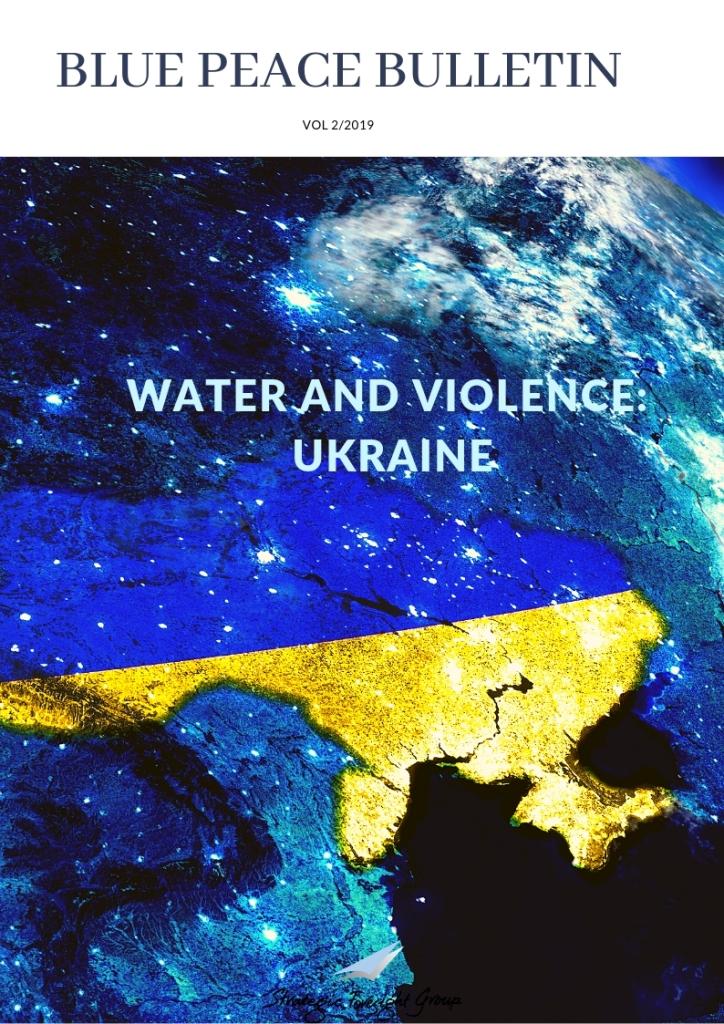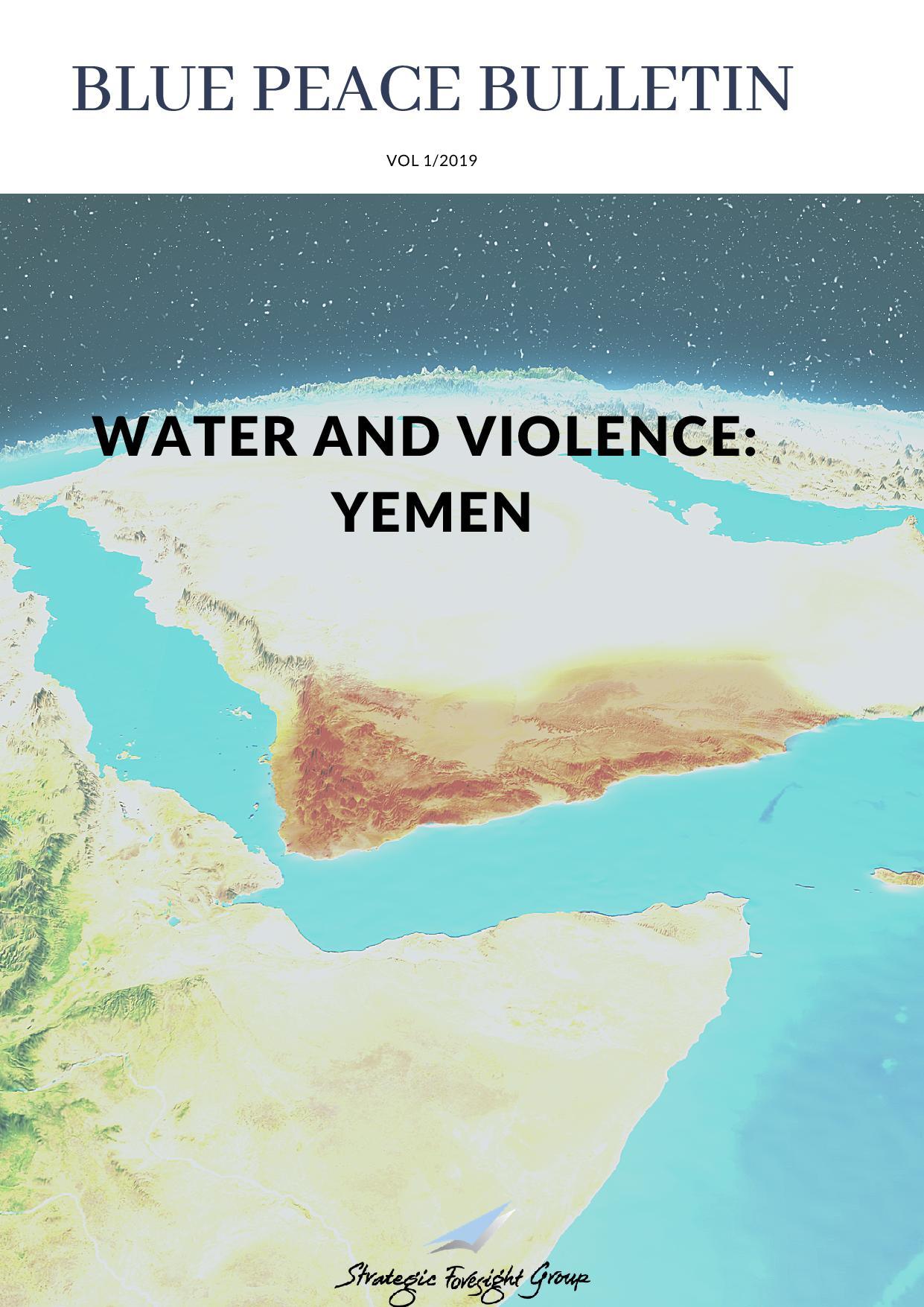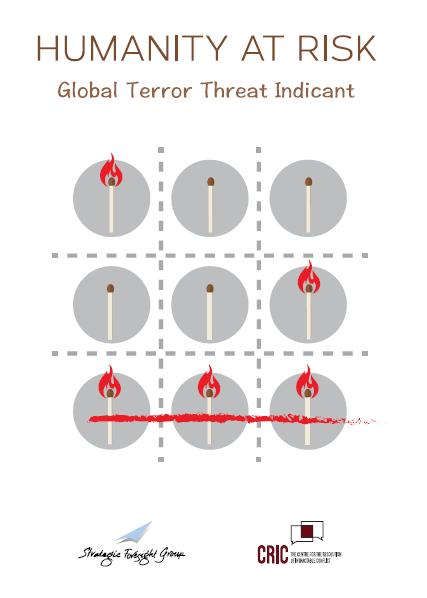Pakistan's Spin Doctors
|
|
April, 2010
By Rohit Honawar
|
Democratic societies across the world pride themselves on the existence of a free press, with Pakistan being no different. The country's civil society has historically looked towards the media as an institution or symbol, representative of their democratic values and ideals. Yet the relationship has not been so simple. Since the country's independence in 1947 the media has fought to exist for how it was intended free and fair. In reality it has often been curtailed, with various military dictators utilising the media to convey their vested interests. In March 2008 Pakistan ushered in a democratic government and with it, a supposedly free press. However the equation was never that simple. The media's close association with the powers that be gave rise to an influential Press - berating the government on its domestic shortcomings, while staunchly defending its honour from external criticism. In short, Pakistan's media had evolved into a nationalist institution, representing itself as the unofficial mouthpiece for the country's political and military personalities - with the word of the pen firmly transfixed on India.
Pakistan is in the midst of what is arguably the most tumultuous period of their independent history. The army's battle against the Tehreek-e-Taliban Pakistan (TTP) and other terrorist elements in the Khyber-Pakhtoonkhwa province has dominated headlines since operations began in 2008. While the military's success has been praised, there are growing apprehensions that terrorist elements may have infiltrated into the more densely populated urban centres of the country. More worryingly perhaps, the terrorists have shown signs that they are more than capable of striking at the country's political and military heartland lending credence to the argument that Islamabad's battle with terrorist elements has only just begun. Yet, for all the chaos and despair borne out of terrorist attacks violence is not their biggest threat.
In what can only be described as a cruel manipulation of events ordinary citizens in Pakistan are bearing the brunt of a well orchestrated media blitzkrieg. While there is no doubt that eradication of terrorism in Pakistan should be one of the primary government objectives, it has been argued that it can be addressed by a greater emphasis on inclusive social and economic reforms. Yet, the media and the government are guilty of sensationalising acts of terror, more often than not, at the expense of the "real" issues. The country's downward economic spiral defined by close to 15% inflation in 2009, 24% of a population below the poverty line, debt amounting to $52.12 billion, a literacy rate below 50%, and load shedding of up to 12-18 hours in most cities, receives less than its fair share of coverage. One could almost be forgiven for not knowing that an average Pakistani struggles to obtain the basic "roti, kapada, makaan or bijli" - for such is the distortion of the "real" issues in Pakistan.
The media's tendency to focus on issues of terrorism and the military "successes" in Khyber-Pakhtoonkhwa, has in several ways provided the government with an escape route from its major domestic failures. With the public's attention diverted, the government, with the help of the media, has successfully managed to make the "war on terrorism" the primary issue. More importantly however the widespread news coverage and sound bytes afforded to military and political personalities on the challenges of the war on terrorism, has worked towards garnering international sympathy and support, by way of political, monetary and military assistance. Indeed, the governments "wag the dog" campaign, aided in no small measure by the media, has been so successful that the public has thus far rarely questioned the political apathy towards their plight. The reasons behind the government's half hearted attempts at reviving the economy are speculative. Pakistan's politicians, military leaders and influential personalities have been notorious for pillaging what was once a socially, culturally and economically rich country for their vested interests with the latest turn of events no less an example of the country's elite filling their coffers at the expense of the masses. Ultimately however, one thing is certain - the media and government campaign to tide over the "real" issues will create problems for the future, with impoverishment and a lack of education remaining as the two major drivers of terrorism.
With no news selling like war the Pakistani media has managed to convince the public of the challenges confronting the government and the country at large. Moreover, in the context of Paksitan, the historical distrust of its larger eastern neighbour has provided it with a consistent supply of fodder which it has been able to spin by way of anti-India propaganda. On the rare occasion that the Pakistani public has challenged the dictum of the state, the media has been quick to talk of India's alleged aggression towards Islamabad or the Kashmir issue inevitably diverting the publics gaze towards a non-existent threat. India has and will continue to be the trump card of the Pakistani media and political and military establishment. In several respects issues like Kashmir are inextricably linked to Pakistan's sense of identity, with Muhammad Ali Jinnah (the founder of Pakistan) referring to it as the "jugular vein" of the country - thus ensuring that most official rhetoric does not stray too far from the Kashmir/India equation.
The wide reach of the Urdu Press means that the masses are invariably swayed by what they read and/or hear in the media. In addition, the presence of powerful personalities like Majid Nizami of 'Nawa-i-Waqt', who is close to the military top brass and political personalities, ensures that there is no dearth of anti-India propaganda. More importantly however, the media has come to represent a medium by which military and political personalities can offer their opinions on matters related to India - away from the glare of international scrutiny. Furthermore, the Urdu Press is frequently used as a sounding board for terrorist leaders, with Jamaat-ud-Dawa's Hafiz Saeed often releasing his statements through Nawa-i-Waqt. With the official ban on his organisation in place, the widespread coverage afforded by the Urdu media to such personalities will go a long way in reaching out to the masses and perpetuating the feeling of distrust.
The media in Pakistan started out as an institution intended to be free and fair. However, over the years it has become an extension of the political and military establishment propagating their rhetoric for vested interests and at the expense of the Pakistani public and India. Ultimately, the media has grown in power, with its voice often resembling that of right-wing conservative factions playing into the hands of a destitute, impressionable public.
Related Publications
Related latest News
Related Conferences Reports
-

P5 Experts Roundtable on Nuclear Risk Reduction
Download:Geneva Roundtable Report
-

Roundtable on Global Security and Catastrophic Risks
Download:Report on RT revise





